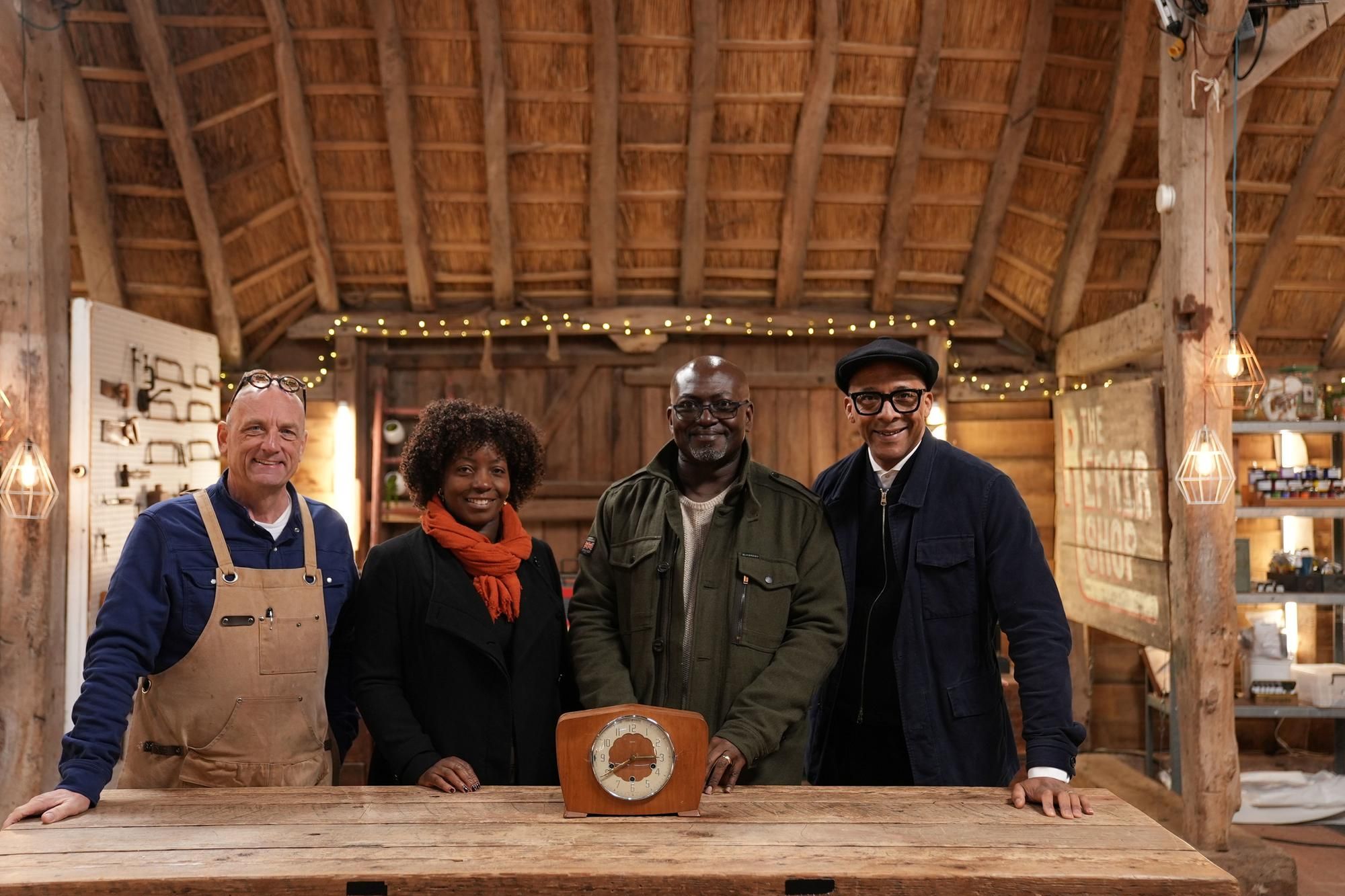The Repair Shop has come a long way since its humble beginnings as a 30-minute BBC2 show. It has now expanded to 60 minutes and attracts a whopping seven million viewers per week. The show’s popularity can be attributed to its abundance of nostalgia, as it showcases family heirlooms of various sizes and types, from furniture to ornaments to teddy bears and small toys. While these objects may not hold great financial value, they are priceless to their owners due to their sentimental worth.
What sets The Repair Shop apart is the emotional stories behind each item. Almost every episode contains a heartwarming moment that tugs at your heartstrings. Additionally, watching highly skilled craftspeople perform delicate miracles provides a soothing pleasure. All of these elements combined make it difficult for anyone not to find something enjoyable in the show, unless they are in desperate need of some repairing themselves.
At its core, The Repair Shop offers a glimpse into social history through individual possessions. This is particularly true for the recent special episode commemorating the 75th anniversary of the Windrush migration. In 1948, the HMS Empire Windrush arrived at the Port of Tilbury, bringing along the first major wave of Caribbean migrants who sought better lives and job opportunities in the “motherland.” Unfortunately, they were greeted with hostility and prejudice, not just from racists on the streets, but also from significant parts of the political establishment.
Contrary to popular belief, it was individual companies like London Transport, rather than the government, that actively encouraged Caribbean people to fill job vacancies. The hopes and dreams carried by these migrants, along with their modest possessions, were met with a stark reality that infused the four featured items with a poignant significance.
For example, Beverley Dixon brought in her father Edgar’s damaged British passport. Issued to him in Jamaica in 1948, it is barely legible in places. Edgar arrived in England in 1950 and was generously aided by a Welsh family who also helped bring his fiancée, Rubina, to the country. Keithly showcased his mother Locita’s battered suitcase, the vessel that carried all her worldly belongings when she arrived from the West Indies in 1956. Despite facing discrimination, Locita persevered and went on to become a respected social worker and councilor.
Dorcas and Stephen shared their late parents’ broken clock, a cherished item they acquired after immigrating from Antigua in 1960. Despite England’s rejection, their parents saw the country as their new home. Lastly, Professor Patrick Vernon presented a broken 1960s radiogram that was left to him by his close friend Eddie, a Jamaican-born RAF veteran who became a surrogate grandfather to Patrick. In a time when nightclubs imposed a color ban, the radiogram served as Eddie’s solace, allowing him to enjoy the music he loved.
As always, the repairs and restorations showcased on the show were flawless, accompanied by emotional unveilings. However, the true treasures lie in the incredible stories of courage and resilience intertwined with these humble items.
Denial of responsibility! VigourTimes is an automatic aggregator of Global media. In each content, the hyperlink to the primary source is specified. All trademarks belong to their rightful owners, and all materials to their authors. For any complaint, please reach us at – [email protected]. We will take necessary action within 24 hours.


